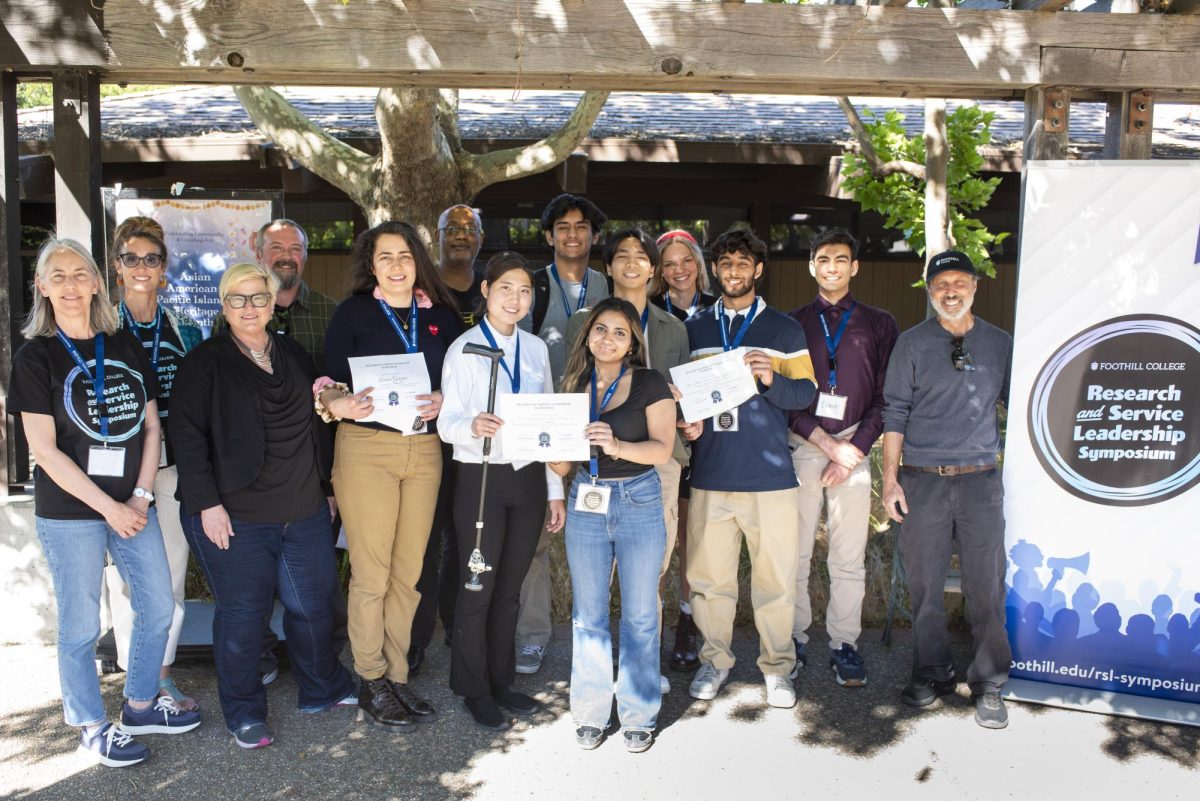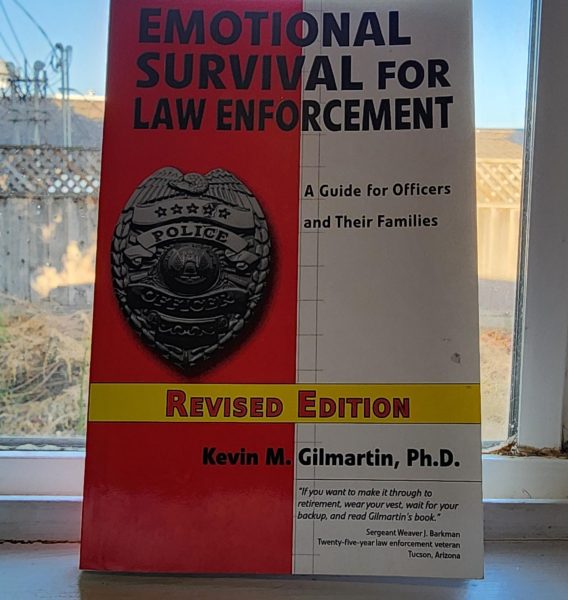ChatGPT: Has technology made things too easy?
If a tool can do in a few seconds what takes you 30 minutes, then you’d be a fool not to use it, right? Although it is tempting to use ChatGPT, it may not be the best course of action for you or the rest of humanity since it does for us what we do to learn. A one-off assignment is one thing, but everyone using it for everything is something else.
In order to gain a better understanding into the potential consequences ChatGPT may have on learning, Psychology Professor Ben Stefonik will conduct a study on ChatGPT that will be presented at a college-wide forum held March 1, from 11:30–12:30 on Zoom.
AI’s such as ChatGPT may make it tempting to skip out on work; however there are consequences, other than getting caught, that students should consider. “We know that in order to learn something you have to ‘do’ it; you can’t become a good writer by just evaluating the quality of an essay produced by ChatGPT. You have to produce the sentences, and it has to come from your brain,” said Stefonik, adding that “experience and practice is so incredibly important to developing skills in your brain.” This idea is akin to how you can’t learn to play the guitar by watching someone else do it; you have to actually be motivated and do the work.
It’s not like AI is helping your motivation either. Why would you do the work when you have an AI that can make something original and, with a few tweaks, good enough to pass off as your own? Stefonik mentioned this concern saying, “If you are in fifth grade, and you know that there’s this tool that can write an essay better than you can ever write, are you going to be motivated to learn how to write? Or are you just going to be motivated to learn how to use this tool?” We already see demotivated students using ChatGPT to cheat, and this lack of motivation may become widespread as these tools become more popular.
The education world, in the future, may concede to the threat of AI in response to demotivated students not doing the work. And why not? The use of writing skills will be reduced once AI’s like ChatGPT enter the workplace. However, you can’t learn by having ChatGPT write for you. Writing is more about learning how to put words on paper. It’s also something that develops communication skills; an overreliance on these sorts of tools can result in sacrificing more than the joy of writing a 6-page essay.
As Stefonik was making a comparison between ChatGPT and previous disruptive technologies, such as the calculator, he raised the concern of AI’s unique ability to do things that play more of a prominent role within one’s life. Stefonik is not suggesting to downgrade the importance of mathematics. “It’s very important. But the vast majority of people don’t need to include high level mathematics in their life, whereas basically almost everyone needs to be able to communicate with language,” Stefonik said. “We’re also talking about a cognitive area that is much more widely utilized, in terms of communicating in society and getting along, than mathematics.” AI has begun to automate task’s that are a part of everyday life and were previously exclusive to human intelligence, which hasn’t really been seen in any other disruptive technologies.
If you have a car, you would probably drive instead of bike to your destination; as a result, you would probably be less fit than you otherwise would be, unless you deliberately exercised. When AI’s such as ChatGPT are capable of performing tasks that would only be associated with human intelligence, you start to wonder if something similar can happen to our brains? The individual parts of our brain are like muscles and, if AI does all the heavy lifting, the parts that are underused, like muscles, will atrophy.
So will humanity devolve into the incapacitated people of WALL-E, having AI’s do everything for them? Well, maybe. The cat has been let out of the bag. AI is only going to get better from here, so it’s best to try to understand the consequences in an effort to get ahead of it. However, it’s important to remember that we made it this far in humanity’s relentless quest for technological advancement.
The human spirit leaves Stefonik hopeful; however, he still recognizes the potential impact. “I do think there is a risk; I don’t think society’s going to fall apart. I think people are going to continue to learn, people are going to continue to be motivated and continue to want to thrive and make their mark on the world. That’s part of the human spirit,” Stefonik said. “But I do think there is the real possibility that it could shift the entire population curve downward just a little bit in terms of developing their verbal abilities.”





























































































Brian Lewisw
Mar 7, 2023 at 12:42 pm
what do you think about AI, and ChatGPT in particular, for the future of LEARNING and college?